Taking a person centred, care focused approach: keeping our group members safe
One of the questions I got asked at the Mission in Motion event was focused on how I’m safeguarding the needs of members of the group and ensuring that we’re working safely to avoid re-traumatisation. I thought it would be useful to just record a few notes here about how I’m taking a person-centred, care-focused approach to this work. It’s very much a joint effort: it’s absolutely brilliant working with the Wellcome Collection team because we’re both on the same page in terms of working ethically and inclusively with this project.
I use the six principles of trauma-informed work within my practice. We purposefully use this approach to avoid re-traumatisation which is defined as ‘the re-experiencing of thoughts, feelings or sensations experienced at the time of a traumatic event or circumstance in a person’s past’. Re-traumatisation is generally triggered by reminders of previous trauma which may or may not be potentially traumatic in themselves – so the type of work we’re doing on our project is a risk which we absolutely assess for. We regularly ask what our group members need and make sure we’re responding into those things. This involves thinking about everyone’s safety; developing a sense of trust and being clear on the project’s purpose (which is why I tend to work over a long period of time with a group to get to know each other first before even starting to share stories of lived experience). We offer choice – so that group members have a voice in decision-making and we make it clear how they can withdraw at any point; collaboration and empowerment of group members is also key and considering or acknowledging cultural differences and biases based on, for example, gender, sexual orientation, age, religion, disability, geography, race or ethnicity.
At the start of the project all members of the group were clear on the aims of the project and gave informed consent to take part. They’re all aware of how to withdraw that consent at any time and it’s something I check in regularly with them about.
We developed a set of ‘ground rules’ in the format of principles that the group collectively created and ‘signed up to’ which you can see on our project page.
We always allow time before and at the end of sessions for anyone to share concerns or worries, and there’s an open invitation to do this at any point between our meet-ups (both online and in person).
We consider the environment we’re working in – whether online or in-person, for example ensuring the right kind of seating is in place for the group members and enough time built in for breaks.
Budget is allocated for expenses to ensure that all group members can bring a chaperone with them to any face-to-face sessions that require travel. This is an open invitation so if certain group members don’t feel the need for a chaperone for one session but the next session they do – that’s absolutely fine and we can accomodate it.
We work on a 1-1 basis with the needs of individuals in the group. For example, we hold ongoing and specific conversations depending on the project with Alex who is a trans man. You can read about some of the ways we work with Alex on this blog to ensure he is comfortable and included both creatively and logistically.
We decided to introduce a wellbeing per diem which the group members can spend on what they feel is going to support their needs best. As an aside, but important to note: we also pay our group members for their time on the project.
We’re at a stage in the project now where we all feel comfortable sharing any concerns we have with each other about how we’re feeling and I think this has happened because a culture of care has been embedded right from the start.
“The Wellcome Collection facilitated the day really well and made me feel very welcome. We had a good amount of time to reflect and process the collection, and the choices they made of what to show us was varied, and it was interesting and validating to see lots of different voices being represented through the archive. The room was really well laid out, and it really encouraged us to feel relaxed and calm, in order to share own experiences and opinions. The facilitators were incredibly knowledge and interested, and it felt really collaborative. I left the session feeling validated, curious and inspired to be part of the project should it continue. Thank you also to Marge who is always dedicated to making people feel comfortable and heard.” (Feedback from group member evaluation January 2025)
